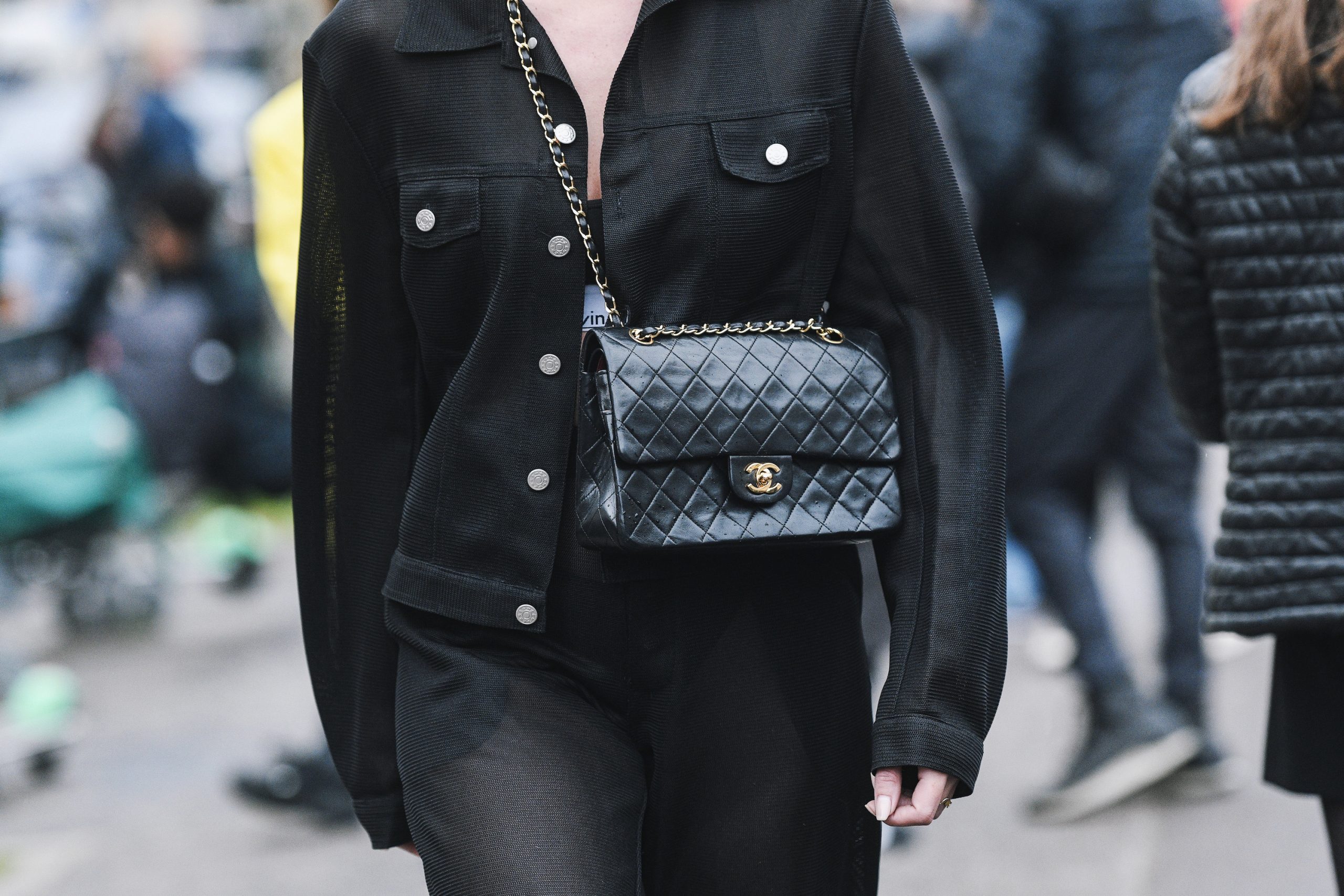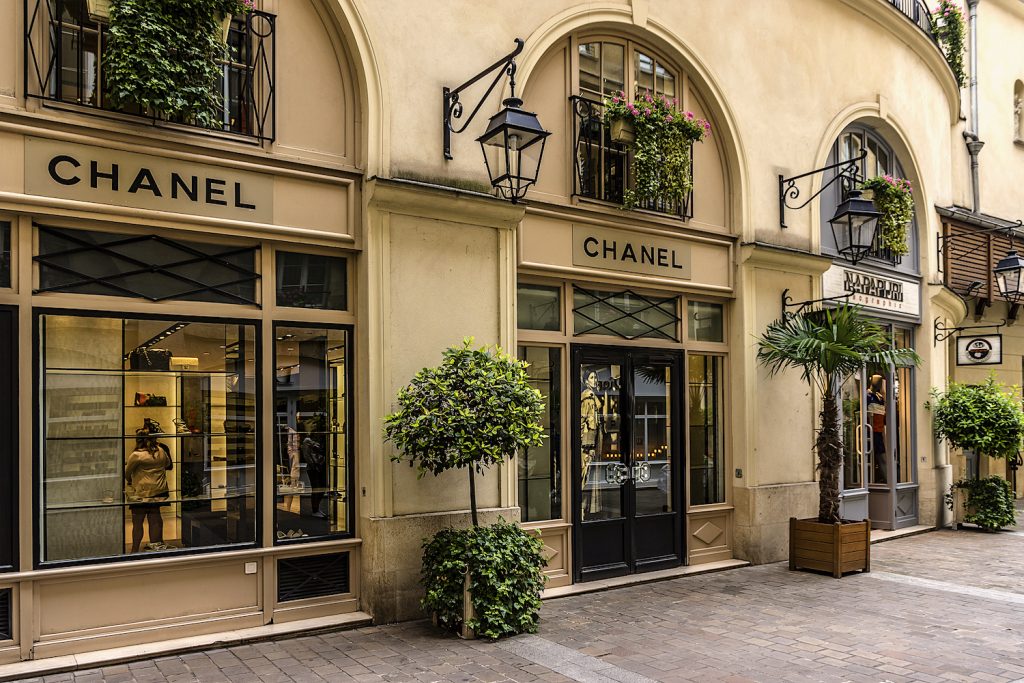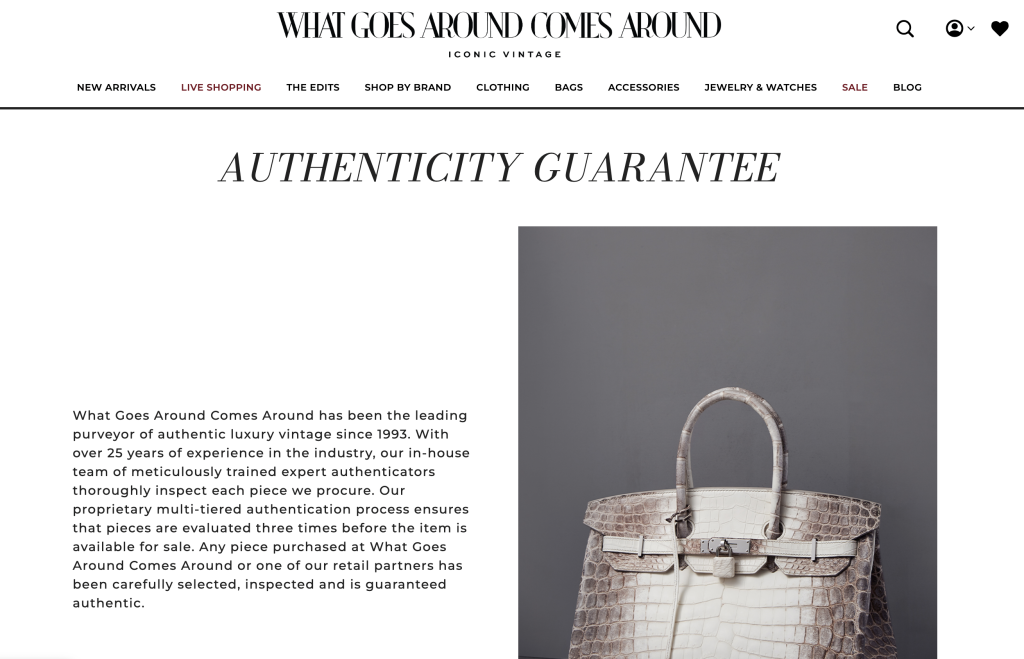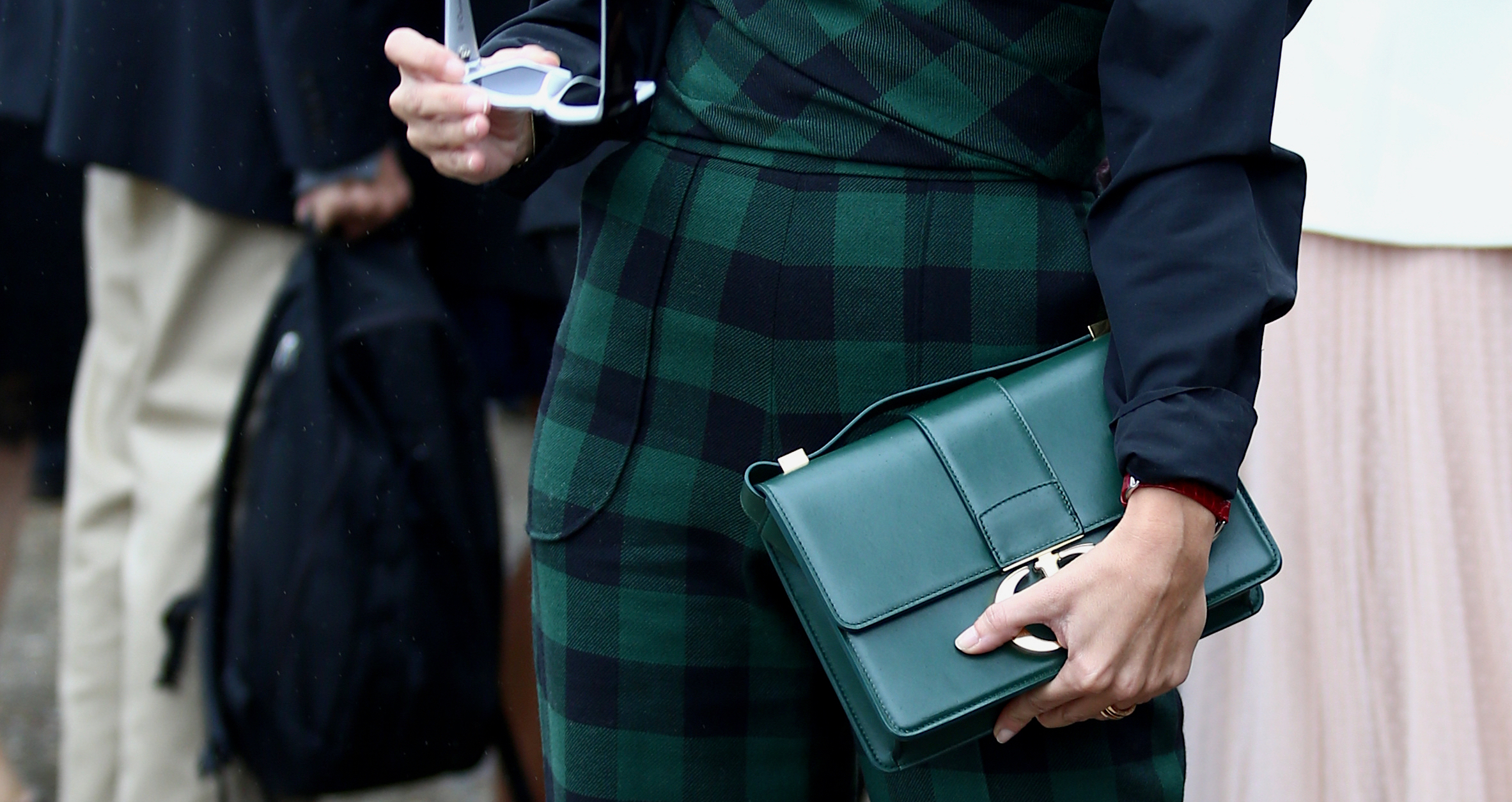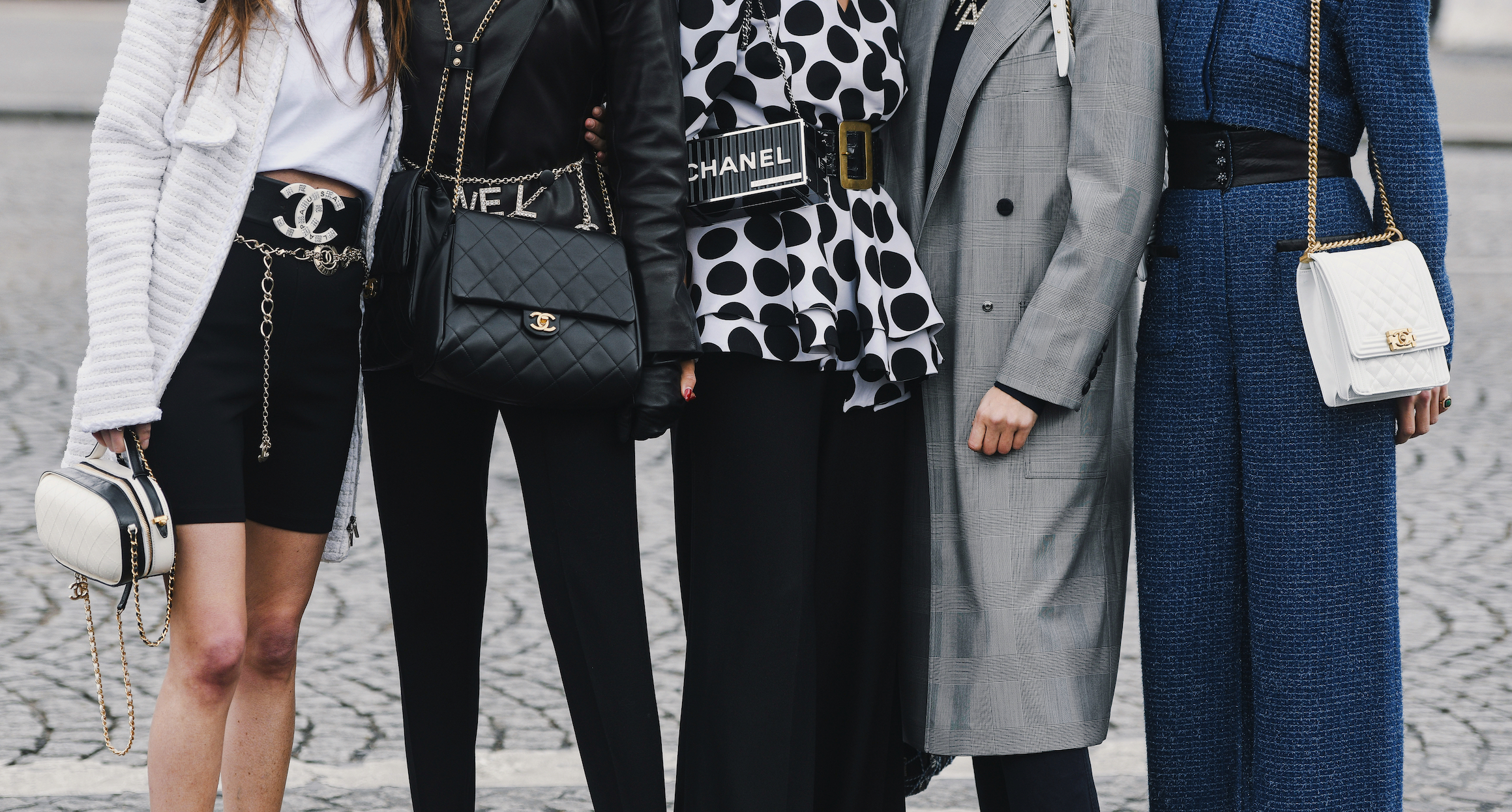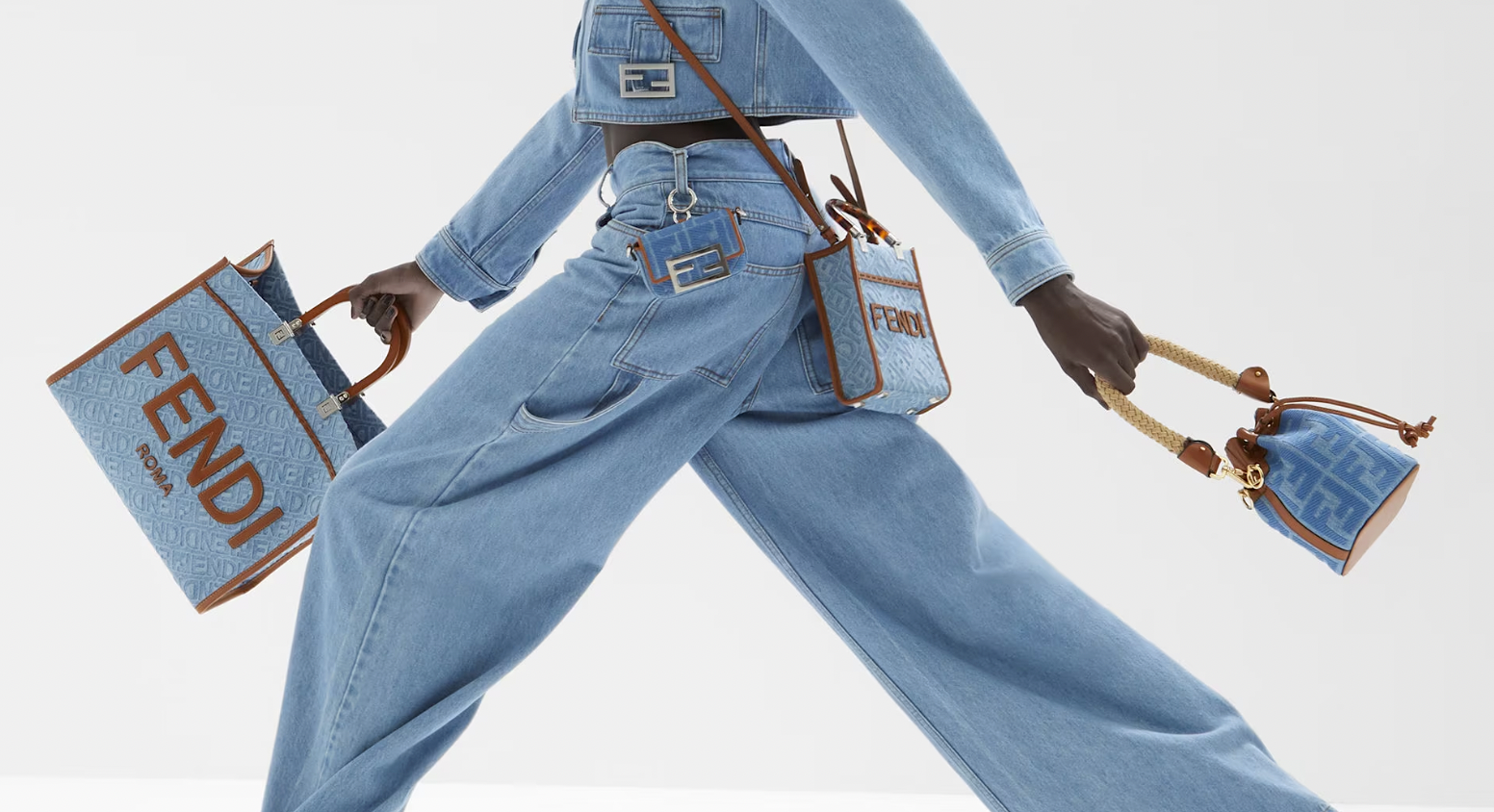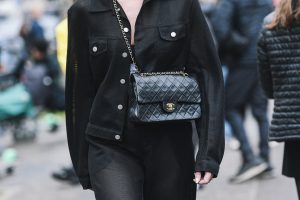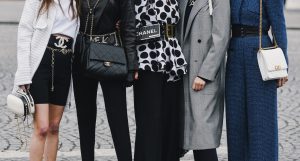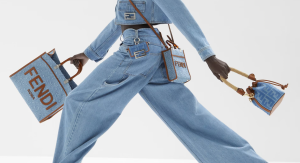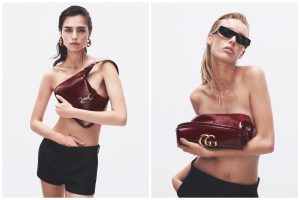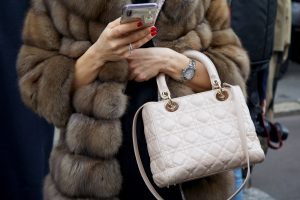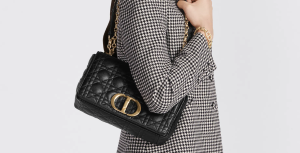Chanel vs. WGACA: Luxury Resale and Trademark Battles (Broken Down into Points)
The Lawsuit’s Genesis
- Initial Filing: Chanel filed a lawsuit against WGACA in 2018, accusing the luxury resale company of trademark infringement, unfair competition, false advertising, and false association.
- WGACA’s Stance: WGACA, a pioneer in the resale industry since 1993, refuted Chanel’s claims, arguing that the use of Chanel trademarks was merely for product classification and not to imply any direct affiliation with Chanel.
Key Issues and Allegations
- Trademark Infringement: Chanel’s primary concern was WGACA’s use of Chanel trademarks and references in its marketing, which Chanel argued misled consumers into believing there was an affiliation or authentication by Chanel.
- Counterfeit Products: A major point of contention was the sale of counterfeit Chanel products by WGACA, including handbags associated with stolen serial numbers that Chanel had voided.
Zach Briers, intellectual property partner at Munger, Tolles and Olson says, “Chanel contends that WGACA used the Chanel mark extensively in its marketing and social media campaigns, which far exceeded the uses necessary to accurately identify the products, and which inaccurately suggested that Chanel endorsed or authorised WGACA’s activities,” Briers says. “WGACA contends that it only used the Chanel mark to accurately advertise genuine Chanel products that it was reselling at secondhand.” VogueBusiness
The Stolen Authenticity Cards Saga
- The Theft: In 2012, 30,000 Chanel serial stickers and authenticity cards were stolen from a Chanel factory in Milan, Italy.
- The Impact: These stolen items surfaced in counterfeit products, complicating the authentication process and potentially deceiving buyers in the secondhand market.
The Heist at Renato Corti Factory
- The Theft in Milan (2012): In a striking incident at the Renato Corti factory, a major Chanel supplier in Milan, Italy, 30,000 serial stickers and authenticity cards were stolen. This theft was highly targeted, focusing exclusively on these crucial authentication elements.
- Chanel’s Immediate Response: Upon discovering the theft, Chanel took swift action by voiding the stolen serial numbers in their internal system, an attempt to mitigate the potential misuse of these items.
The Emergence of Counterfeits
- Counterfeit Chanel Products: The stolen authenticity elements later surfaced in the market, but not in the way one might expect. They were found within counterfeit Chanel handbags, suggesting a sophisticated attempt to deceive buyers by attaching genuine, albeit unauthorized, serial stickers to fake products.
- A Specific Case Highlighted: During the trial, a particular instance was brought to light where a counterfeit Chanel handbag sold by WGACA was identified due to the use of an unauthorized serial sticker from the stolen batch.
The Challenge in Authentication
- Compromised Authentication Process: The presence of these stolen but genuine serial numbers in the market significantly complicated the authentication process. Even though Chanel had voided these numbers internally, their original production from a genuine factory meant they appeared authentic in nature. RealAuthenitaction goes into depth here.
- Impact on Secondhand Market: This situation posed a significant challenge for the secondhand luxury market, including buyers, sellers, and authentication services. The potential for genuine-looking but unauthorized stickers on counterfeit products made it harder to distinguish authentic Chanel bags and Chanel items from fakes.
Broader Implications
- Legal and Industry Repercussions: The saga of the stolen authenticity cards became a focal point in the Chanel vs. WGACA lawsuit, highlighting the complexities and vulnerabilities of the luxury resale market.
- Consumer Trust at Stake: This incident underscores the importance of rigorous authentication processes and the challenges faced by companies like WGACA in ensuring the authenticity of the luxury goods they sell.
Chanel’s Stance in WGACA Case
- Protecting Brand Integrity: Chanel’s aggressive legal action against WGACA can be seen as part of its broader strategy to protect its brand integrity and combat the circulation of counterfeit products, which can damage the brand’s reputation and consumer trust.
The Trial and Its Implications
- Start of the Trial: The trial began in early 2024, with Chanel presenting evidence of WGACA’s sale of counterfeit products and unauthorized use of Chanel branding.
- WGACA’s Defense: WGACA defended its practices, emphasizing its role in extending the lifecycle of luxury products and denying any intention of creating a false affiliation with Chanel.
- Potential Outcomes: The trial’s outcome could set a precedent for the responsibilities of secondhand stores in authenticating products and using luxury brands’ trademarks in marketing.
The Resale Industry at a Crossroads
- Growing Market: The secondhand luxury market has seen significant growth, with an increase in demand for vintage bags and a market value reaching billions.
- Brand Responses: While some luxury brands collaborate with resale platforms, others, like Chanel, have taken legal action to protect their trademarks and combat counterfeits.
The Impact of the Chanel vs. WGACA Lawsuit
- Setting Precedents: The lawsuit is pivotal in determining the responsibilities of secondhand stores regarding the authenticity of goods and the use of luxury brands in marketing. It could set a legal precedent affecting how resale businesses operate.
- Brand Protection vs. Resale Rights: Chanel’s lawsuit underscores the tension between luxury brands’ efforts to protect their trademarks and the rights of resellers to trade in pre-owned goods. This case could influence how brands and resellers coexist in the future.
Diverse Brand Responses
- Collaborations: Some luxury brands, recognizing the potential of the resale market, have partnered with resale platforms. These collaborations allow brands to extend their reach and engage with a broader customer base.
- Legal Actions: Conversely, brands like Chanel have taken a more protective stance, resorting to legal action to guard against counterfeit goods and unauthorized use of their trademarks.
The Role of Authentication
- Trust in Authenticity: A critical aspect of the secondhand luxury market is the assurance of authenticity. Resale platforms invest in sophisticated authentication processes to maintain trust and credibility.
- Challenges in Authentication: The Chanel vs. WGACA case highlights the complexities involved in authenticating luxury goods, especially when counterfeit products become increasingly sophisticated.
Future Implications
- Legal and Market Ramifications: The outcome of this lawsuit could have far-reaching implications for the luxury resale market, potentially influencing future legal battles and business practices.
- Consumer Awareness: The case also plays a role in educating consumers about the authenticity of products in the resale market, emphasizing the need for vigilance and informed purchasing decisions.
Looking Ahead
- Consumer Awareness: The trial highlights the need for consumer education about the authenticity of products in the resale market.
- Legal Precedents: The outcome of this case could influence future legal battles between luxury brands and resale platforms, shaping the landscape of the luxury resale industry.


